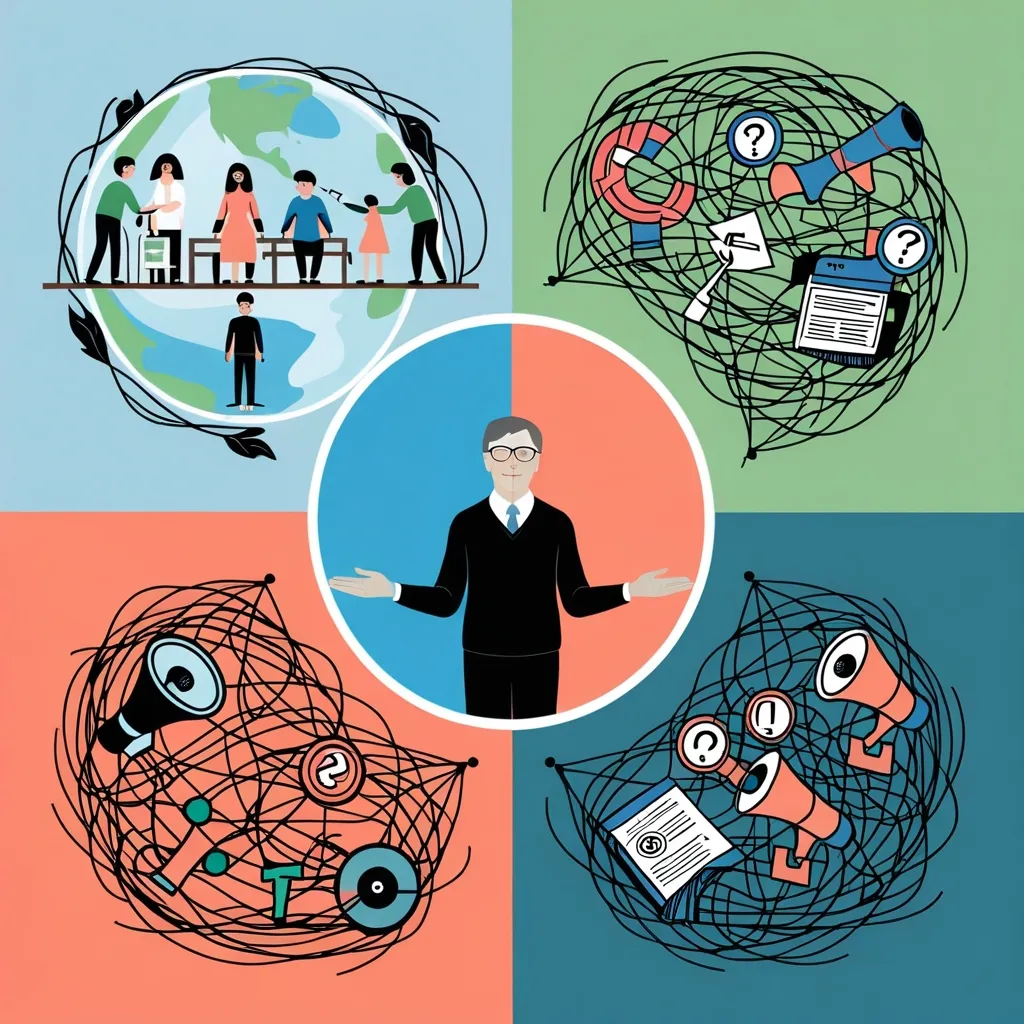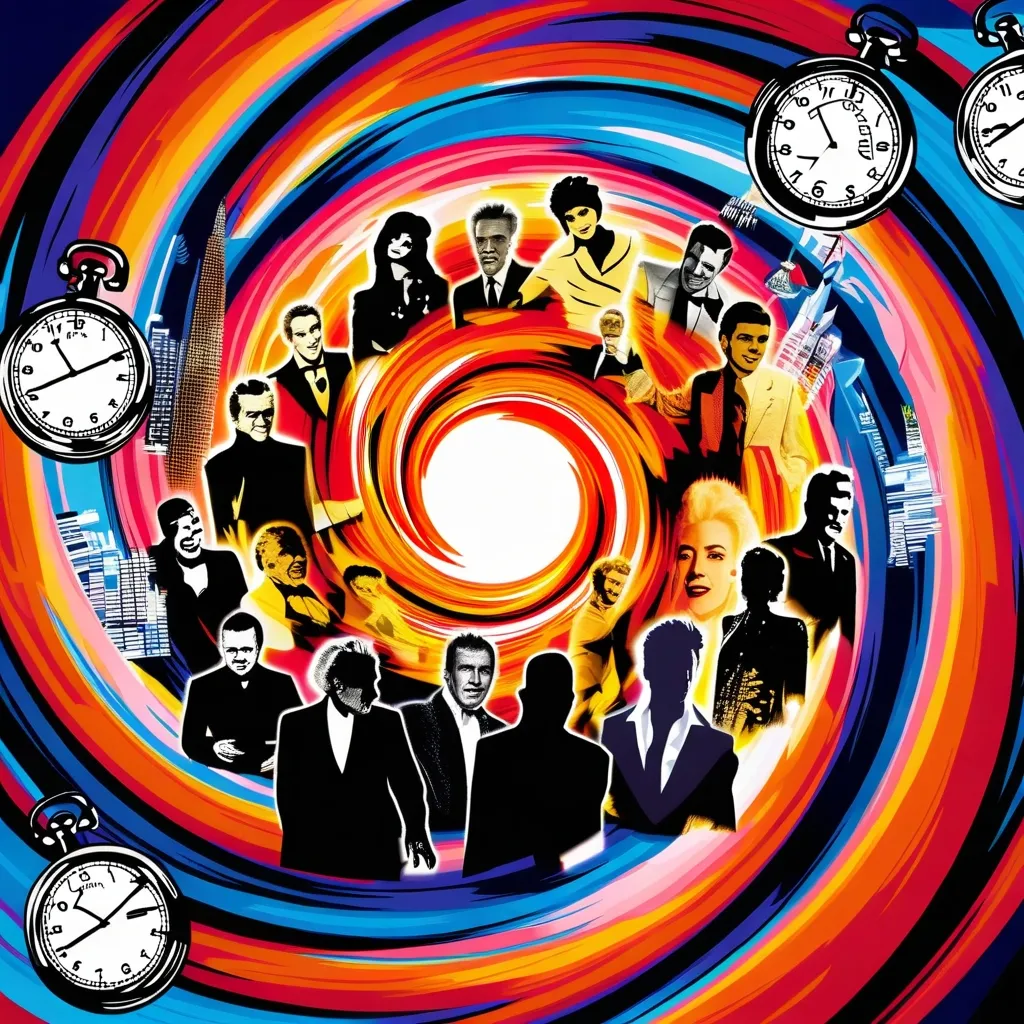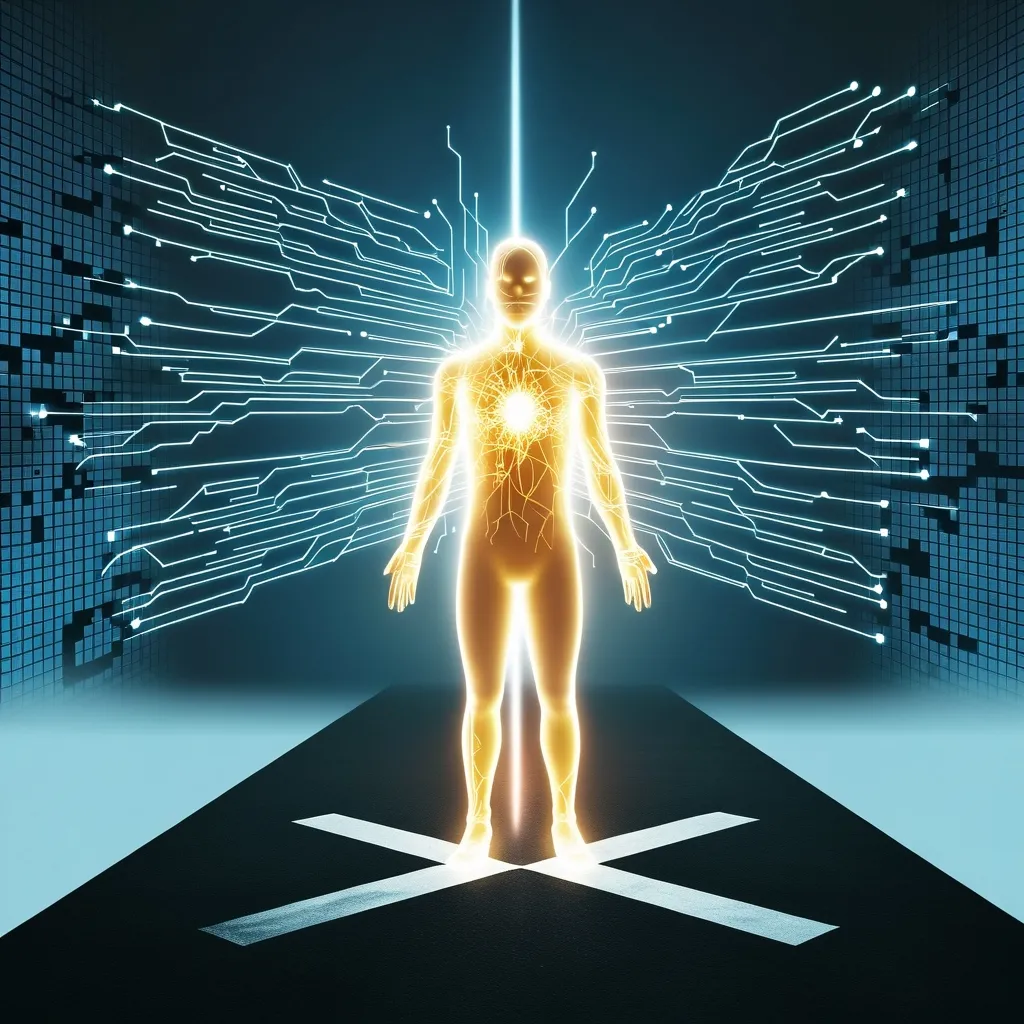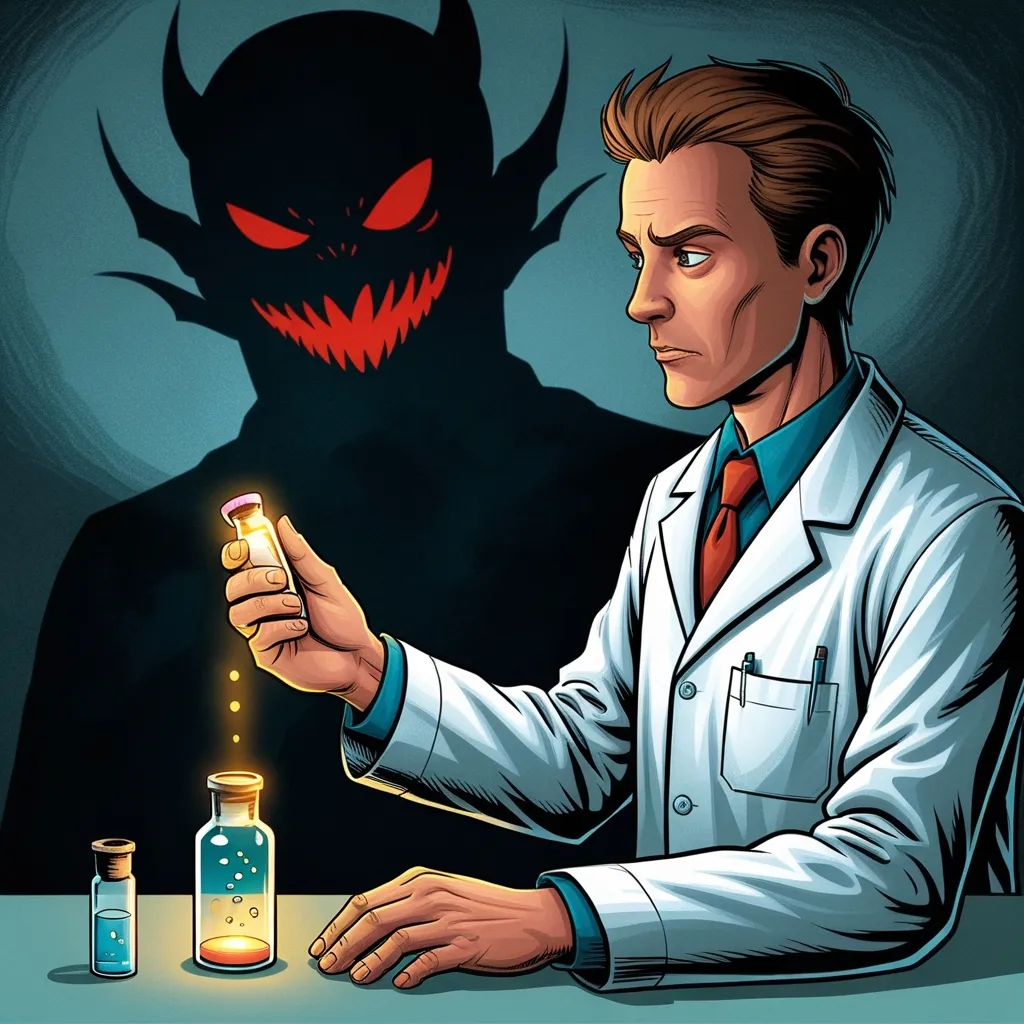The world turned upside down with the onset of the COVID-19 pandemic. Amid the chaos and uncertainty, an avalanche of conspiracy theories flooded our news feeds. One of the most head-scratching theories out there is the one about Bill Gates, vaccines, and microchips. This wild tale has been debunked time and again, yet it somehow persists in the dark corners of the internet, stirring confusion and spreading mistrust.
Let’s start by rolling back to where this all began. The whole mess kicked off during a Reddit AMA session with Gates in March 2020. Gates discussed the idea of digital health certificates to keep track of who had been vaccinated or recovered from COVID-19. Pretty straightforward, right? But some folks took this concept and ran with it, twisting it into a story about injecting microchips into people.
It didn’t help when a well-known Swedish biohacking website jumped on Gates’ comments. They linked it to various projects funded by the Bill and Melinda Gates Foundation. One such project was working on “quantum dot” tattoos to store vaccine records invisibly. Sounds sci-fi but here’s the kicker—they’re just a clever way to verify vaccination status using special light. They’re not microchips. They don’t track anyone. They aren’t some secret plot to control the world.
But, you know how it goes. A rumor like this gets a whiff of legitimacy, and suddenly it’s spiraling out of control on social media. Influential figures like Roger Stone, who used to advise Donald Trump, didn’t exactly help matters. He claimed that Bill Gates and other “globalists” were using the pandemic to enforce mandatory vaccinations and microchips on everyone. That claim racked up interactions and shares by the millions online, feeding into the frenzy.
Polls taken around that time showed that a worrying number of people bought into this theory. Around May 2020, about 28% of Americans thought Bill Gates wanted to microchip people with vaccines. The number was even higher among Republicans, hitting 44%.
Through all the madness, Bill Gates, along with the Bill and Melinda Gates Foundation, flat-out denied these claims. Gates described the whole notion of microchipping people as “bizarre” and “stupid.” It’s like he couldn’t believe anyone would take it seriously enough to need refuting.
The actual technology that got people riled up—the quantum dot tattoos—is aimed at helping track vaccination records, particularly in developing regions where conventional methods are tough to implement. There’s nothing nefarious about it. It’s a tool to combat diseases by ensuring people get their shots, not a way to track where you go every day.
One of the real dangers of these conspiracy theories is the impact they have on public health. Misinformation can scare people away from getting vaccinated. That’s a big problem because vaccinations are vital for achieving herd immunity and stopping the spread of the virus. Health officials are concerned that if too many people turn down the vaccine, the disease will continue to run rampant despite having a medical solution.
Talking to people who believe in such conspiracy theories can be a tricky business. If you have friends or family who are convinced, the best approach is to stay calm and be respectful. Losing your cool won’t help. Try to report misinformation on social media whenever you see it—to stop its spread. When you engage with believers, come armed with clear, factual info. Don’t escalate the situation; just stick to the facts.
It’s worth zooming out to understand why these conspiracy theories thrive, especially during a crisis like the COVID-19 pandemic. When people lose trust in institutions and everything feels uncertain, they’re more likely to latch onto these wild theories. Knowing the social and psychological factors at play can help us tackle these misinformation problems more effectively.
So here’s the bottom line—the idea that Bill Gates wants to microchip people through COVID-19 vaccines is pure nonsense. There’s zero evidence supporting this theory. Fact-checkers, health experts, and Gates himself have debunked it repeatedly. But the theory’s endurance shows just how tough it is to fight misinformation in today’s digital world. Staying well-informed, fact-checking our sources, and having respectful conversations are our best tools against this kind of nonsense.
At the end of the day, it’s essential to trust credible sources and be wary of misinformation, which can have grave consequences for public health. The fight against COVID-19 requires a united front based on science and reality, not fears and conspiracy theories. All of us, together, focusing on facts, can navigate through this turmoil and emerge stronger, healthier, and hopefully, a bit wiser.






